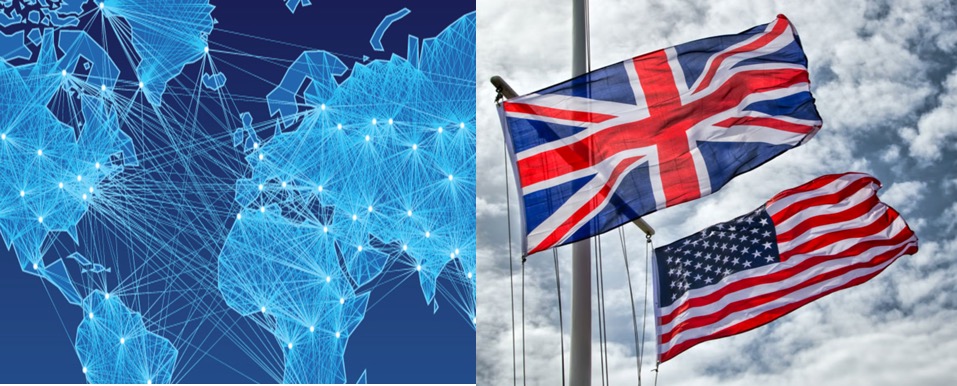Nationalism vs globalism. Will global brands survive this?
I just had the chance to listen on Ted Channel, a discussion with Yuval Noel Harari; an inspiring historian trying to explain the new world order: Nationalism vs globalism. A very inspiring discussion focusing mostly on the future of mankind and possible political solutions in order for humanity to face the most burning global ecological, economic and political challenges.
But as an ad man, my mind went quickly back to advertising. What does this mean really for us? What does it mean for the future of global brands? What does it mean for the future of advertising?
Harari said that nationalism is like a travel back to time. I lived through those less globalized times. Meant less international travel, more local community, fewer international brands, more local production…. But people seem to be drawn to this lately. Cherishing an era when things were more national, less globalized; a time when people felt that things were simpler, less complex, more controlled. And the recent protectionism wave across the mega global trade nations (US, UK, France etc.) probably verify this trend; are we really going back in time?
I think not. The world is way too connected, full of global companies and citizens of the world. This cannot be reversed. However, if we really are in the process of moving towards increased protectionism and nationalism, the question that arises is “will the global brands diminish?” Will they eventually be replaced by local ones? Really hard to imagine this happening. However, I believe that global brands will face increasingly local competition. Local brands will step out of the global brands’ shadows and become more important players, both in the marketplace but also in the advertising scene.
The advertising scene, as a whole, will be affected too. While the local brands will mostly be leveraging somehow the “nationalistic wave of pride”, the global brands will have to work harder in order to become more culturally relevant. Let’s take Always for example and its brilliant campaign – “do it like a girl”. This campaign is based on a universal insight, that girls in puberty are not treated in a way to feel equal to men; they are labeled as “weak”. But no matter how strong this insight is, and how true it may be universally, will this lovely empowerment campaign of Always be able to hold up to a “nationalistic” campaign of a local brand? Will be interesting to see…
In this new emerging protectionist and nationalistic world, global brands will now have to work harder in each local market, in order to connect with the local culture, they are operating in. Claiming any “national identity” (i.e packaged or produced in local country) can be really dangerous and contradictory to the global DNA of the brand. Advertising (in its wider form) should however remind customers that their “universal global truth” is also a “local truth”. And implement a lot of additive local initiatives to their global platform. Prove that they are here, as global brands, to play an important role in the local market. A role far greater than servicing a “functional” need in a superior manner. Their role will be also to prove their interest (and their worth) in making the local society, stronger and more successful.
As a conclusion, empowering local societies to be successful will be critical to global brands’ success. More than ever. And advertising and marketing plans will have to take that into consideration.




